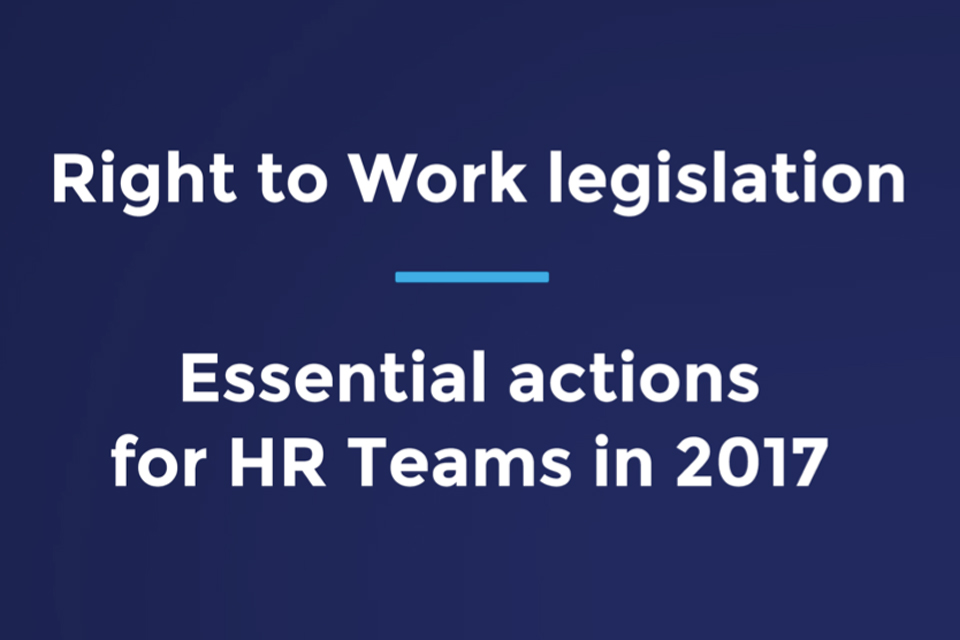By Mark Andrews, RightCheck
Businesses can find themselves in the front line of a hostile environment when dealing with identity fraud and imposters. With recent reports showing that identity fraud has now hit record levels, HR teams need to consider how their organisation may be at risk. When explaining why identity fraud has reached such an alarming scale, the ‘legitimacy’ of securing employment ranks as highly as access to housing and a bank account. Cifas, the not-for-profit organisation set up to protect individuals and businesses from financial crime, reports that over 60% of ‘insider fraud cases’ relate to employment applications.
Whilst there are no statistics available regarding the numbers of false/fraudulent ID docs in circulation in the UK, there can little doubt it is major issue. In the Metropolitan Police, the Amberhill team seize false identity (ID) data received from targeted investigations. Some of these operations have raided “factories” producing fraudulent ID docs on an industrial scale, resulting in the seizure of tens of thousands of items of false identity data. What precautions can businesses take to ensure they are not a victim of this crime and also avoid the reputational risk of hitting the headlines for the wrong reasons?
For HR teams one of the greatest risks (to career and brand) is inadvertently hiring illegal workers. The repercussions for the organisation and reputational damage arising can be severe. Civil Penalties issued to UK businesses in 2016 ran at a rate of over £40M per annum – proof of the Home Office declaration to ‘get tough’ on any organisation failing to comply with Right to Work legislation. Combined with an active policy by the Home Office to ‘name and shame’ non-compliant businesses, there is a clear case to ensure recruitment processes are robust, with a rigorous process for conducting Right to Work checks.
Legally Right to Work checks must be undertaken by the employer and not a third party. It is not feasible and not required for your recruitment team, or your line mangers, to be trained/expert forged document spotters. But what is mandatory is that they follow a defined process and know what constitutes a compliant check to establish a ‘statutory excuse’; i.e. an acceptable defence if your organisation finds itself in the unfortunate situation of having an illegal worker within the company. To help you appraise the risk within your organisation Rightcheck has devised an online self-assessment tool:
Click here to access the self-assessment tool
With Rightcheck there is no more worry, paper processing or challenge to conducting compliant Right to Work checks across your entire organisation.
For a demo or to organise a trial visit www.rightcheck.io








